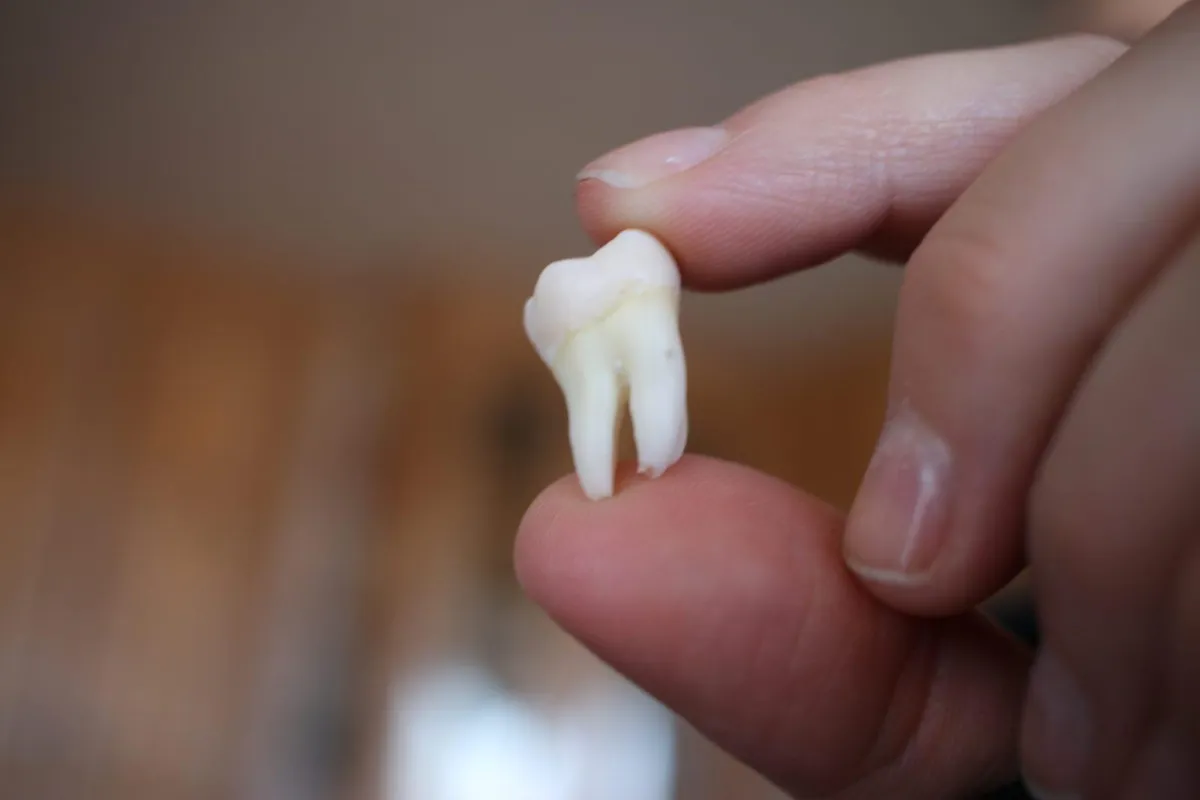Read All About It
Dental Related Articles


How To Know If Wisdom Teeth Should Be Removed
What are wisdom teeth and when do they appear?
Third molars, known as wisdom teeth, are the last teeth to break through the gums (erupt). This usually happens during the late teens or early twenties of a person’s life. Presumably, the term wisdom teeth was coined as a result of this late appearance when people tend to be a little ‘wiser’.
Dr. Hurst monitors the development of wisdom teeth throughout the teenage years. In coordination with an oral surgeon and often an orthodontist, Dr. Hurst determines if and when wisdom teeth need to be removed by assessing their position in the mouth and root development.
Referrals may be made sooner if the wisdom teeth are tilted to the side or horizontal. Individuals typically have between one to four wisdom teeth, but some have more and others have none.
As children age and enter the teenage years, parents are often concerned about wisdom tooth development in their children and wonder when is the best time to have wisdom teeth removed or whether they should be removed at all.

What issues require the removal of wisdom teeth?
Roughly 85% of people will need wisdom tooth extraction at some point in their lives. Teeth which have not erupted through the gums are considered impacted. Impacted wisdom teeth are the chief cause of extraction, as impaction can cause pain, damage to neighboring teeth, cysts, decay, and gum disease. Symptoms of impaction include:
Red or swollen gums
Tender or bleeding gums
Jaw pain
Swelling around the jaw
Bad breath
An unpleasant taste in the mouth
Difficulty opening the mouth
An impacted wisdom tooth can either be fully-erupted, partially-erupted, or fully-impacted. Partially-erupted wisdom teeth tend to have a higher rate of decay due to the difficulty in thoroughly cleaning the tooth surface. Whatever the state of your child’s wisdom teeth, the teeth can:
Grow at an angle toward the neighboring tooth
Grow at an angle toward the back of the mouth
Grow at a right angle to the other teeth, in a horizontal position
Grow vertically but stay trapped within the jawbone
Wisdom teeth are usually removed following orthodontic treatment. Periodic panoramic x-rays will show the number of wisdom teeth and their position. It is prudent to get them removed before the roots develop significantly.
If the teeth remain impacted (unerupted), the patient doesn’t have sufficient space, or the teeth are positioned unfavorably as determined on x-ray, they should be extracted. In addition, if the patient is having symptoms such as pain or swelling, they should probably be extracted.
Do wisdom teeth have to be removed?
Each patient is different; some may have enough room in their jaw to accommodate the eruption of wisdom teeth, while others may have a smaller jawline requiring extraction. Although there may be enough room in the jaw, the wisdom teeth may not necessarily come in straight, affecting the second molars which could shift all the other teeth.
Occasionally a patient will have enough room and the wisdom teeth will erupt into the proper position and not cause problems. In that case, the teeth don’t necessarily need to be removed as long as the patient remains asymptomatic and can adequately clean the teeth.
If you decide not to have your child’s wisdom teeth removed, they need to be monitored closely by your dentist. Wisdom teeth tend to become more problematic over time.

How to prevent problems with wisdom teeth
To prevent problems with wisdom teeth, maintaining regular dental checkups is essential. These examinations allow dentists to monitor the growth and positioning of wisdom teeth through x-rays and physical inspections. Early detection of potential issues, such as impaction, crowding, or alignment problems, can prevent more severe complications. Regular cleanings also help maintain overall oral hygiene, reducing the risk of infections and decay that can arise from partially erupted wisdom teeth, which are harder to clean properly.
In addition to regular dental visits, it’s crucial to heed the advice of dental professionals regarding the timing of wisdom tooth removal. Removing wisdom teeth before they fully erupt or cause problems can prevent pain, swelling, and other complications associated with impacted teeth. Dr. Hurst can provide personalized recommendations based on your child’s dental development and x-ray results, ensuring that any potential issues are addressed proactively. Early removal is often simpler and results in a smoother recovery, making it an effective strategy for maintaining oral health.
Maintaining good oral hygiene at home is crucial in preventing problems with wisdom teeth. Brushing and flossing thoroughly, especially around the back of the mouth where wisdom teeth are located, can help prevent decay and gum disease. Using an antimicrobial mouthwash can also reduce bacteria and plaque buildup. It's important to educate children on proper brushing techniques and to encourage consistent dental oral care routines. By combining regular dental visits, professional advice, and diligent home care, the risks associated with wisdom teeth can be significantly minimized.

Wisdom teeth, the third molars, can erupt in your late teens or early twenties. While some people have wisdom teeth that erupt normally and cause no problems, others experience a variety of issues due to impaction or lack of space in the jaw. If you're wondering whether your wisdom teeth need to be removed, it's important to consult with a dentist like Dr. Joby Hurst for an examination and x-rays.
Early detection and intervention are key to preventing problems with wisdom teeth. Regular dental checkups and x-rays throughout your teenage years allow Dr. Hurst to monitor the development of your wisdom teeth and assess if there's a potential for impaction or other complications. If your wisdom teeth are impacted or positioned poorly, removing them early, before the roots fully develop, can minimize risks and make recovery easier.
Ultimately, the decision of whether or not to remove wisdom teeth depends on individual circumstances. Dr. Hurst will consider factors like jaw size, wisdom tooth position, and any symptoms you're experiencing to determine the best course of action for your oral health. By working with a qualified dentist, you can ensure the proper development and health of your wisdom teeth, or have them removed safely and effectively if necessary.
Ensure your child's smile stays bright and healthy! For any questions about dental cleaning, reach out to Hurst Pediatric Dentistry today at (205) 969-7454. Your child's dental health is our priority!

19 INVERNESS CENTER PARKWAY, STE 250, BIRMINGHAM, AL 35242
TEL: 205.969.7454
E-MAIL: [email protected]
2018 © ALL RIGHTS RESERVED | PRIVACY POLICY | TERMS AND CONDITIONS
Site by Trustway Marketing Powered by Kyrios Systems